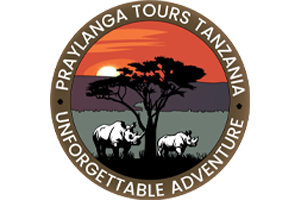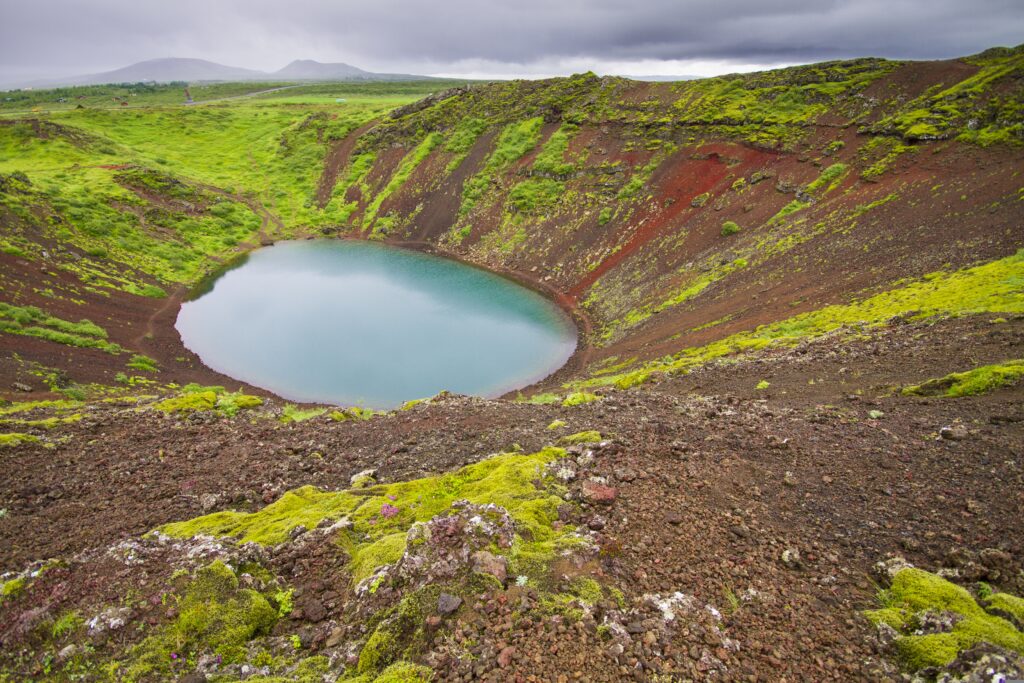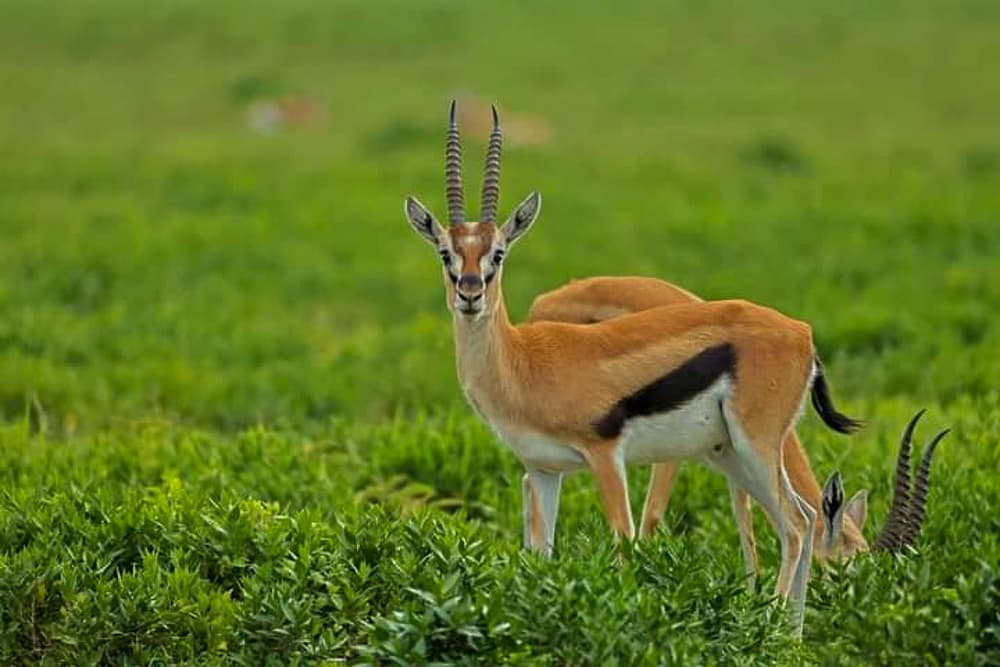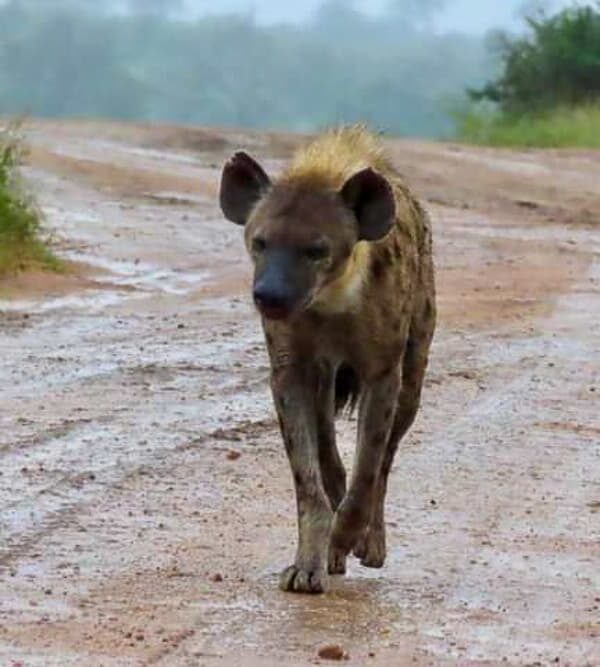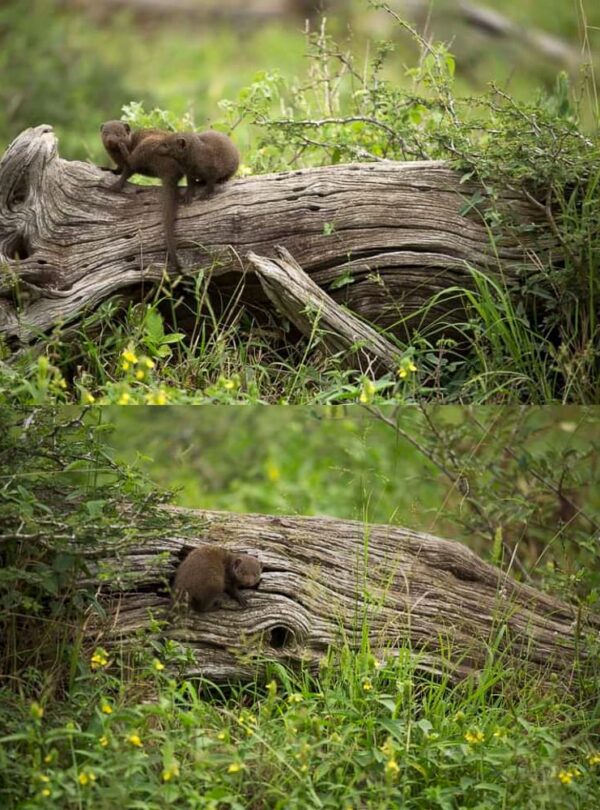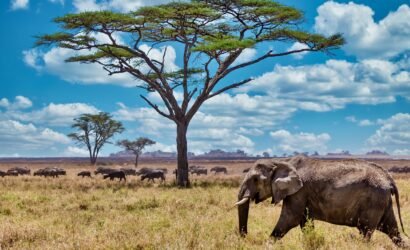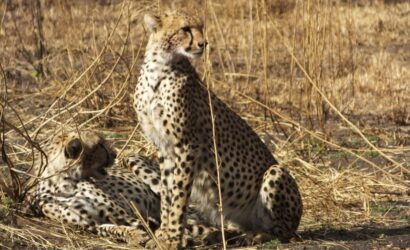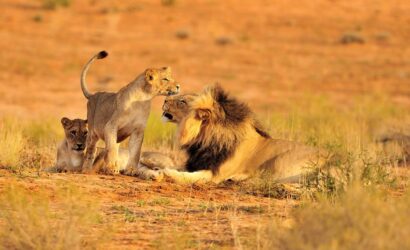Overview
The Ngorongoro Crater, a UNESCO World Heritage Site, is a breathtaking caldera teeming with an astounding concentration of wildlife. A 2-day safari to this natural wonder promises an immersive and unforgettable experience. This guide provides all the information you need to plan your adventure, including example itineraries, accommodation options, inclusions and exclusions, and general pricing.
Why Choose a 2-Day Ngorongoro Crater Safari?
- Condensed Wildlife Viewing: Maximize your chances of spotting the Big Five (lion, elephant, buffalo, rhino, and leopard) within a short timeframe.
- Diverse Ecosystems: Experience varied landscapes, from the crater floor’s grasslands and swamps to the surrounding highlands.
- Expert Guidance: Benefit from the knowledge and experience of professional guides who understand animal behavior and the local ecosystem.
- Accessibility: The Ngorongoro Crater is relatively accessible from Arusha, making it a convenient addition to other Tanzanian safari destinations.
- Photographic Opportunities: Capture stunning photographs of wildlife in a unique and dramatic setting.
General Price Guide:
The cost of a 2-day Ngorongoro Crater safari varies depending on several factors, including:
- Accommodation type: Camping is the most budget-friendly option, while luxury lodges are the most expensive.
- Group size: Prices are typically lower for larger groups.
- Time of year: Peak season (June-October and December-February) generally sees higher prices.
- Safari operator: Different operators offer varying levels of service and pricing.
Important Considerations:
- Best Time to Visit: The dry season (June to October) is generally considered the best time for wildlife viewing in the Ngorongoro Crater.
- Altitude: The crater rim is at a high altitude (around 7,500 feet), so it’s important to acclimatize before your safari.
- What to Pack: Comfortable clothing, sturdy shoes, a hat, sunscreen, insect repellent, binoculars, and a camera with a zoom lens. Warm layers are recommended, especially for early morning game drives.
- Health: Consult your doctor about necessary vaccinations and malaria prevention.
- Sustainability: Choose a safari operator that practices responsible tourism and supports local communities.
